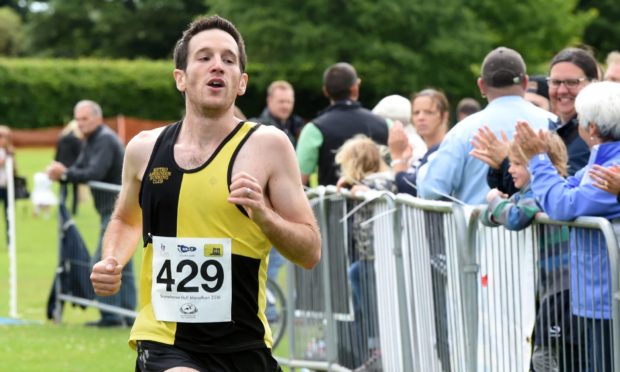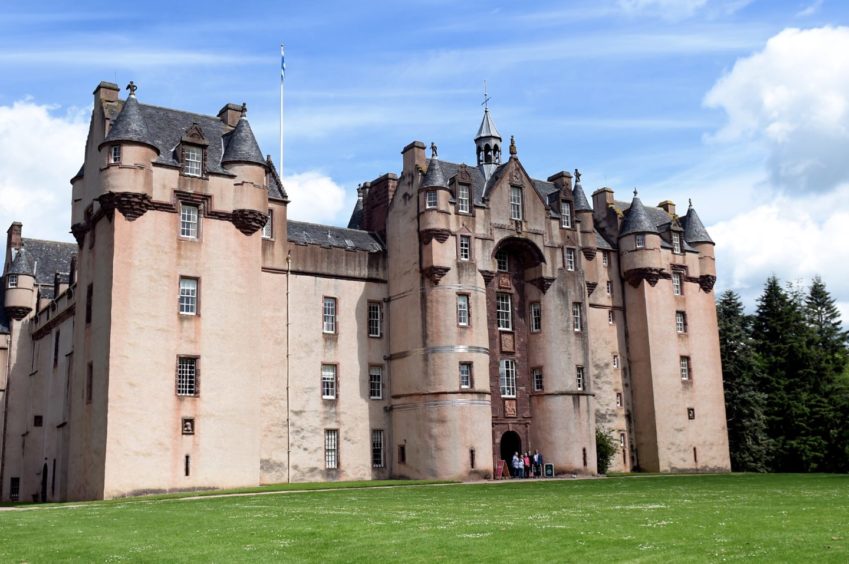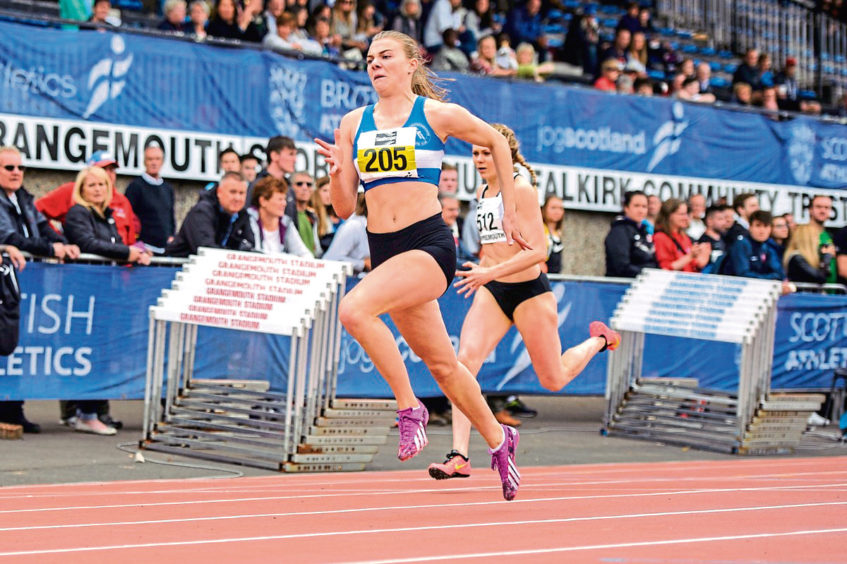Planning will need to start soon if the centenary of Scotland’s first marathon for amateur runners, held over the now standard distance of 26 miles 385 yards, is to be marked in any meaningful way.
That historic race, held on a route between Fyvie Castle and Aberdeen, took place in April 1923 and was won by Glasgow’s Dunky Wright who narrowly defeated Aberdeen’s Jim Ronaldson.
Now former Metro Aberdeen club chairman Tom Brian is keen to make progress with plans to resurrect the event, but realises time is of the essence if the north east is to capitalise on marking the centenary landmark.
He said: “I think it is incredibly important to celebrate the centenary.
“I really believe that a city marathon is something that would not only highlight the great tradition of the marathon and marathon runners in the north east, but also bring this event to a new generation.
“In 2019 a small team of us developed a robust event plan and budget, and held some early discussions with interested partners.
“Sadly some difficulties meant we pushed back a planned first event to autumn 2020 and COVID-19 then meant it was really not sensible to push on.
“I’m confident that the route and plan that we have ready to go would bring interest from the local and national running community and bring enormous benefits to the city.
“I think there would be a great interest, even if it was a one-off race. The running community in the north east is very passionate and loyal when it comes to supporting local events and I’m sure that a centenary marathon would be no different.
“We need to get back around the table with the Council and understand the current landscape and assess whether solutions to some of the previous blockers can be reached.
“But ultimately sponsorship is key. We had a very interested sponsor lined up last year, so discussions with them as a start would be important.
“I think a mistake we made in the past was under-estimating the approval process – we’ve learnt many lessons that could be addressed for future events in the early planning stages.”
Brian is currently based in Paris but doesn’t see that being a barrier to his involvement in driving the idea forward.
He said: “One thing we’ve learned over the last year is the capabilities of remote working. I fully intend to relaunch the process with the individuals involved previously to hopefully start where we left off and bring a marathon in some format to Aberdeen.
“Perhaps ambition needs to be honed in, but I remain steadfast in my belief that it can be done with a passionate team behind it.”
Marathon win was stepping stone
Dunky Wright’s victory in the 1923 Aberdeen marathon was the springboard to the Glasgow athlete enjoying a highly successful career in the 26.2 mile event.
He would go on to compete in three Olympic marathons, his best result coming in 1932 when he finished fourth after having led at 21 miles.He also won the 1930 Empire Games marathon and was third in 1934.
Wright’s winning time in the north east was a relatively modest 3hr 13min 12.4secs but he was very fortunate to get the better of local man Jim Ronaldson who finished just 47secs behind.
Ronaldson, who had been eight mins behind the leader at one point, would later recall: “I could see him ahead of me, and I was catching him, but the finish was getting closer and I was running as hard as I could.”
The race was organised by the Shire Harriers with the hope that it might “reveal obscure talent capable of representing Great Britain at the following year’s Olympic Games in Paris.”
And it did, as Wright was to earn selection.
It would be another 56 years before Mel Edwards revived the Aberdeen marathon.
The new race was initially held over a four-lap course at Bridge of Don, with competitors retracing parts of the course used in 1923.
The race later moved to take in parts of the city centre, the beach and Deeside and it soon developed to include a regular home countries international match and hosted the Scottish championships on a number of occasions. But it too fell by the wayside in 1990.
Rees sets sights on Euro u-23 Champs
Alisha Rees is determined to secure a place on the Great Britain team for next month’s European under-23 championships in Estonia by hitting top form in this weekend’s national trials at Bedford.
The Loughborough-based Banchory Stonehaven AC sprinter is aiming for selection in the 100m and 200m as well as the 4x100m relay, but has yet to achieve the required qualifying standards.
She needs to run inside 11.45secs in the 100m and 23.40 in the 200m while her respective best times this season are 11.71 and 23.59.
She said: “I’d rather have got the qualifying times before the trials but that hasn’t happened. Actually, no-one has the qualifying times which shows this has been a difficult season. The conditions haven’t been great and there’s not been too many good competitions.
“But Bedford is a fast track so hopefully it’ll work out. Ideally, I’d like to win the 100m and get the qualifying time on Saturday, then I wouldn’t do the 200m on Sunday.
“I could run the 200m at the following weekend’s British senior championships and Olympic trials, and try for the standard there, as the qualifying period doesn’t end until after that.
“My main aim this season is to get an individual place at the Euros and my coach believes I can do it, so that’s cool.”
Another Scotland international, Aberdeen AAC’s Rebecca Matheson, will also compete in the 100m at Bedford with the aim of improving on her PB of 12.03.
Her clubmate Kai Crawford is the youngest competitor in the 800m in the men’s under-20 championships at the same venue.
The 16-year-old recently set a club record time of 1:53.93 and is hoping for further improvement.


